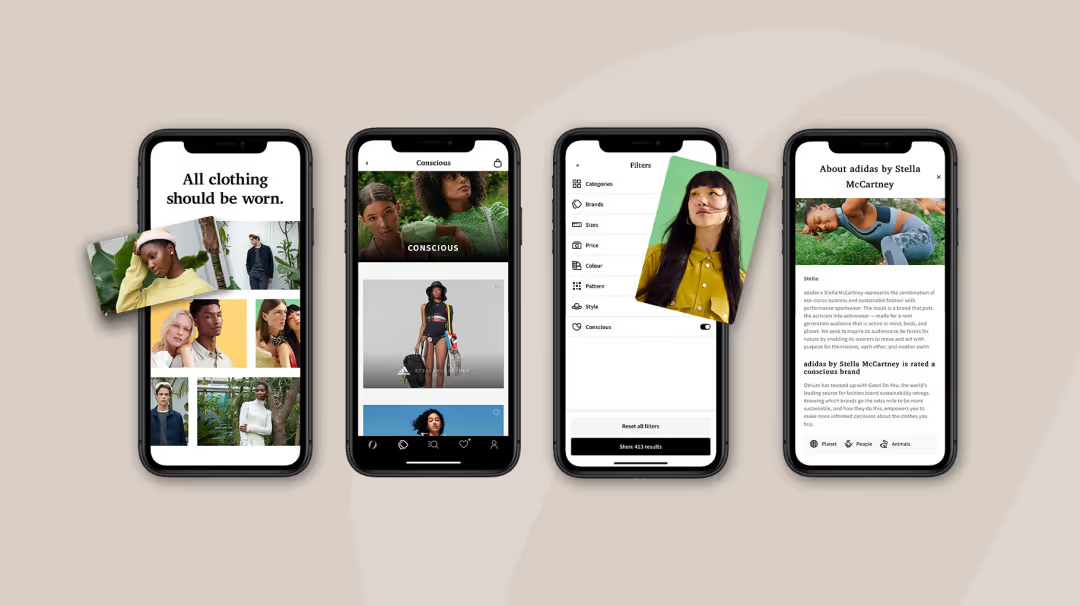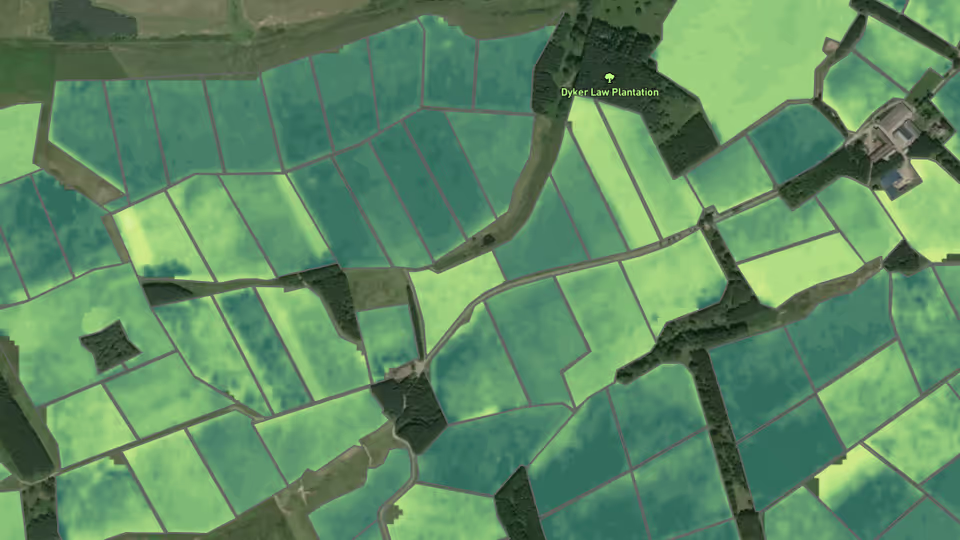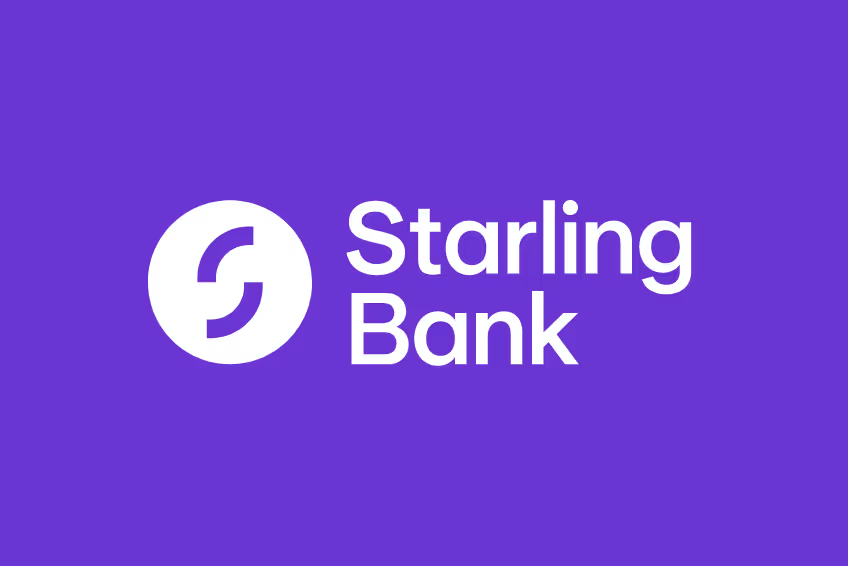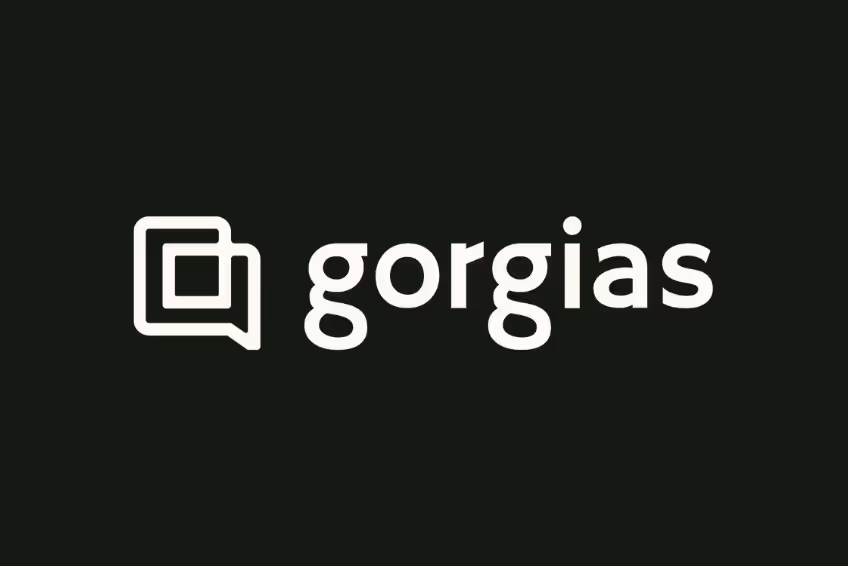Depending on the estimates, roughly 12% to 30% of clothing produced is never sold. Pieces end up stuck in warehouses, dumped in landfills, or—even worse—incinerated. That’s a waste of countless hours of natural resources, and, frankly, creative energy.
Meet Otrium. Founded in 2015 in Amsterdam, the digital outlet is driven by its mission to ensure that all clothing produced is worn. The full-service end-to-end platform for last season fashion allows brands to create their own outlets to reach new consumers, without opening a store or investing in technology.
Otrium also unburdens brand partners from the ins-and-outs of e-commerce operations, from new product photography and sizing details to shipping. Plus, the members-only gated community ensures brands can maintain a distance from their full-price digital offering.
“Our goal is to connect fashion brands to shoppers to sell end-of-season items with a premium experience—yet one that still values the resources that went into making it,” explains Marlot Kiveron, Head of Sustainability at Otrium.
A sustainable approach has been a priority for Otrium since day one, with the use of recycled shipping boxes, recycled poly bags, and even bicycle couriers in the Netherlands. In 2021, Otrium took its strategy to the next level, by committing to setting Science Based Targets and deciding to compensate for its carbon emissions footprint. And for that they turned to Patch.

Getting carbon compensation right
To begin, Otrium worked with carbon accounting platforms, including Patch partners Vaayu and Position Green, who assisted in the 2020 and 2021 footprints, measuring their scope 1, 2 and 3 emissions, with a view to real-time carbon footprinting in the future. Once the footprints had been measured, they leveraged Patch to offset the total.
Patch connects companies of all sizes with trusted carbon credits from an expertly vetted, broad scope of projects. For their first year of compensation, Otrium chose to purchase credits from ruumi Farmland Regeneration, a regenerative grazing project in the United Kingdom.
“We researched a number of carbon removal partners, but none rivaled Patch when it came to transparency and knowledge,” says Kiveron. “Patch isn’t just a carbon credit marketplace, they’re experts in the space.”
More recently, Otrium finalized their report for 2021, which increased scope to cover data storage—an important consideration for an ecommerce business. Combined with the platform’s massive growth, this meant their emissions footprint had tripled since their first report.
Reporting, reduction and removal
For Otrium, taking responsibility for their footprint doesn’t stop at carbon compensation. Rather, it’s one side of the climate action coin.
“We adhere to the Patch approach of report, remove, reduce—meaning we need both reduction and removal to successfully halt climate change,” explains Kiveron. “While we can’t get to zero emissions overnight, we must speed up initiatives and innovations to get there as fast as possible. In the meantime, we must offset what we can’t avoid. Not as an excuse to emit but to take responsibility for the emissions we cannot reduce yet.”
Moreover, as Otrium sees it, carbon credits are more than just a compensation solution for unavoidable emissions. They’re also a great way to help frontier carbon-removal innovations scale more quickly. Another reason why the company partners with Patch.
“This is what we like about Patch and carbon credits: We’re investing in innovations that will one day help reduce the impact of climate change—or maybe even reverse some of the damage. That’s a powerful tool.”

Progress over perfection
In 2022, Otrium committed to the Science Based Targets initiative (SBTi), a collaboration between the CDP, the United Nations Global Compact, the World Resources Institute, and the World Wide Fund for Nature. Since 2015, more than 1,000 companies have joined the initiative.
In addition to building scenarios towards becoming net zero by 2030, Otrium’s Sustainability team is focused on how the company can have a positive impact on the fashion industry through their business model.
Currently active in 13 markets across Europe, UK, and the United States, Otrium is moving forward with a number of initiatives to reduce their emissions: Electric vehicle couriers, warehouses with solar panels, and recently testing poly bag-free shipping—to name just a few. They’re also transitioning to live carbon footprint measurement instead of a static report. That way, they’ll be able to make improvements in real time.
In an ideal world, funding for these types of initiatives, like that of carbon compensation, would be unlimited. But in the real world, fixed budgets mean choices and trade-offs must always be made—though that shouldn’t stop companies from taking the first step.
“At Otrium, progress isn’t about perfection,” says Kiveron. “The retail industry knows sustainability isn’t going to be a shiny ideal—nor should it be seen as a competitive marketing tool. The important thing is we all start taking action in a spirit of sharing in order to scale climate action more quickly.”






.avif)